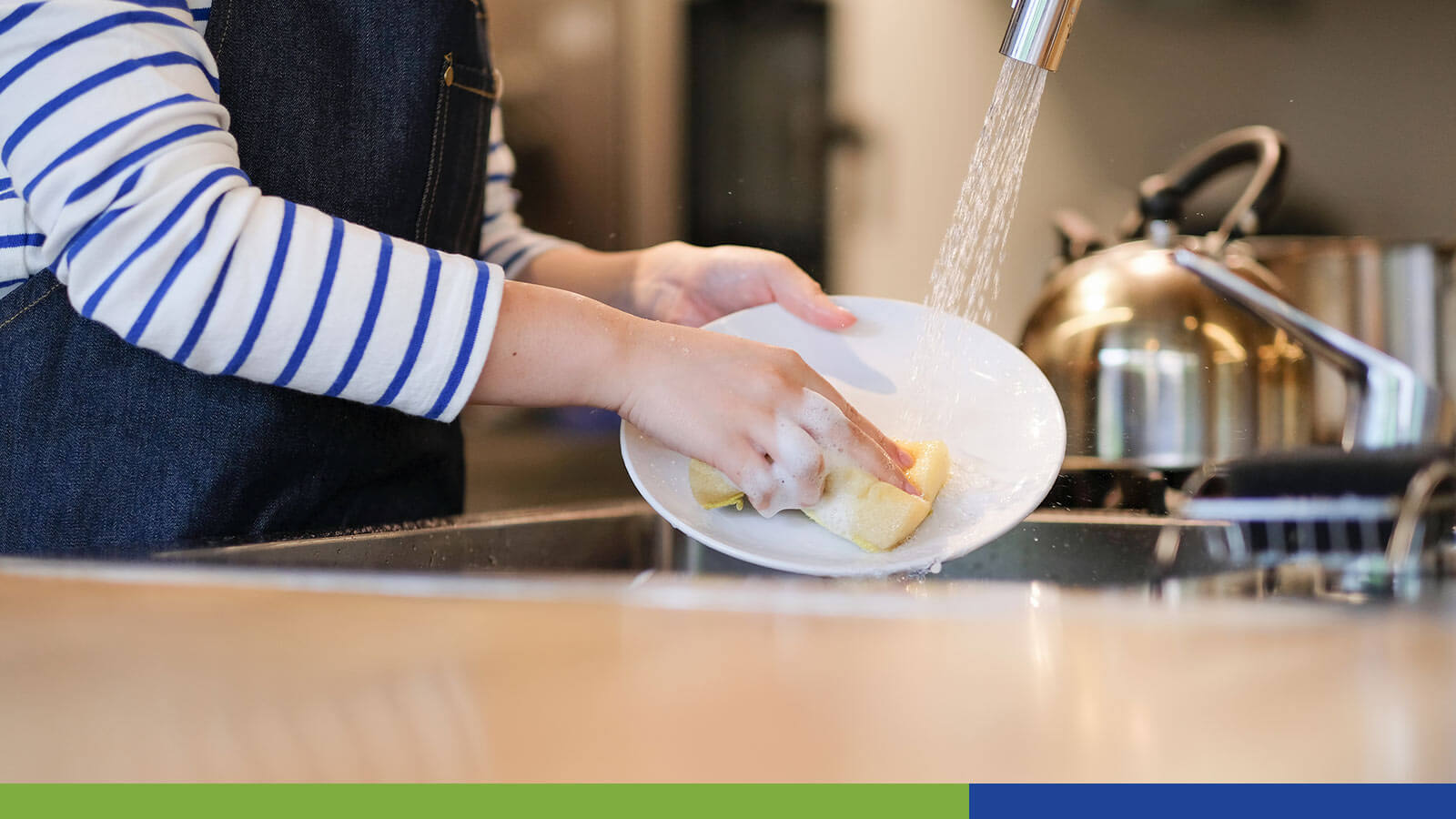
How To Avoid Sewer Clogs from Fat, Oil and Grease

Whether you cook at home or eat out at a restaurant, every kitchen uses fats and oils to give food richness, flavor and moisture. What happens to the fat, oil and grease once the meal is over? When they get poured down the drain, fats, oils and grease cool down, turn solid and clog the pipes, causing major blockages that lead to sewer backups, flooding, appliance damage and other costly problems. The overflow can even pollute local waterways and harm the environment.
What do we mean by fats, oils and grease?
Fats include butter, shortening, margarine, peanut butter, meat trimmings, uncooked poultry skin and dairy products, such as cheese, milk, cream, sour cream and ice cream. Oils include vegetable oil, canola oil, olive oil, corn oil, salad dressings and cooking oils. Grease includes gravy, mayonnaise, melted meat fat, bacon, sausage, boiled poultry skin and salad dressings. All of these items are common in cooking, but they can clog pipes if poured down the sink or flushed down the toilet.
The best way to protect your community’s water system is to prevent fats, oils and grease from going down the drain. This isn’t always easy to do, especially in a residential kitchen. Here are simple do’s and don’ts for limiting how much gets into your pipes.
- Use your garbage disposal as little as possible. Scrape food scraps into the trash or compost — not the sink. Use a strainer in the sink and empty the food scraps into the trash or compost.
- Can it, cool it and throw it away. Keep an empty metal can that is just for collecting oil and grease in the kitchen. As you cook, pour excess fats, oils and grease into the can. Once it cools down and solidifies, throw it into the trash.
- If you have a large amount of oil leftover from cooking, mix it with an absorbent material — such as kitty litter or coffee grounds — before throwing it into the trash.
- To keep drains clear of fat, oil and grease, pour one-half cup of baking soda down the drain followed by one-half cup of white vinegar. Wait 15 minutes, and then rinse with hot water.
If you’re used to disposing of fats, oil and grease by pouring it down your drain, make the decision today to change your habits to protect your pipes, your community water supply and the environment.